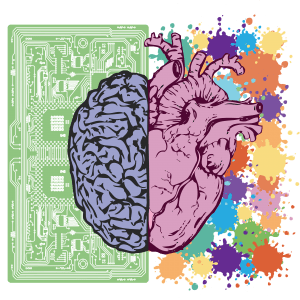When Mental Health Affects Your Job
December 29, 2020 in COVID-19, Educate Yourself
 Over the past few months, the numerous life changes that have happened to me (moving across the country back home, losing not one but two different jobs, and starting a new position thousands of miles away from the rest of my team) has been incredibly challenging. I thought I had it under control – I had a team of doctors working with me to get a better plan for managing my anxiety and depression. Unfortunately, a few slight changes to my health insurance plan and I’m back to the starting place where I was a few months back prior to all of these crazy events.
Over the past few months, the numerous life changes that have happened to me (moving across the country back home, losing not one but two different jobs, and starting a new position thousands of miles away from the rest of my team) has been incredibly challenging. I thought I had it under control – I had a team of doctors working with me to get a better plan for managing my anxiety and depression. Unfortunately, a few slight changes to my health insurance plan and I’m back to the starting place where I was a few months back prior to all of these crazy events.
This has started affecting a lot of different areas in my life, but nothing has been hurt more than my work. I would cry late at night when I was about to sleep over small things at work. My concentration and ability to work a standard eight-hour day began to decline, and I became so frustrated when things did not go the way that I expected that I began to lash out at my close friends and family members.
How am I going to resolve this issue? I managed to reach out to my health insurance provider and now they are setting up a whole team for me (called care management) that will know my story, the treatments that I’ve tried, and will keep me accountable and help me as I sort through my options.
Have you ever tried care management before? How do you go through times that would otherwise be very harmful to you? Have you ever reached out to your health insurance company to ask about mental health treatments?










Recent Comments